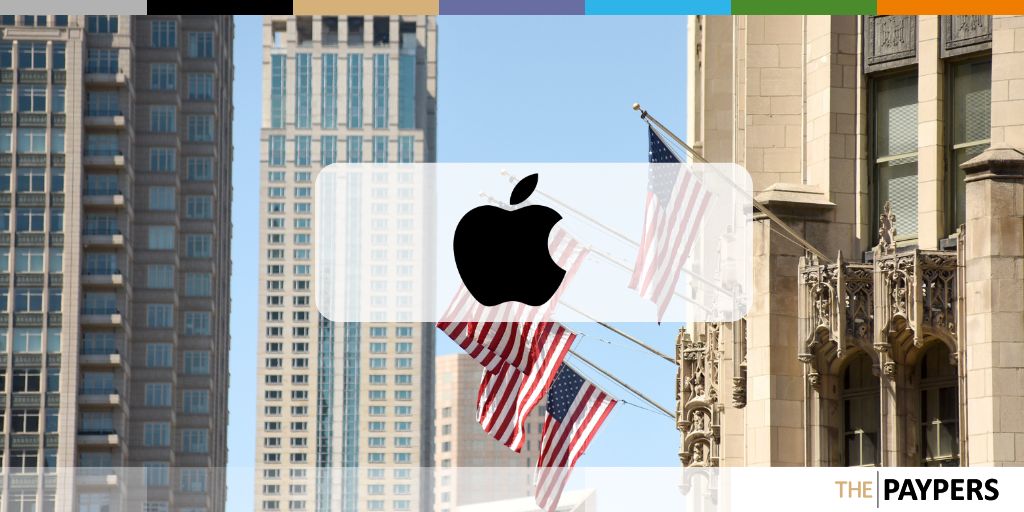The motion seeks a partial stay on an injunction issued last week in the high-profile antitrust case brought by Epic Games. The court found that Apple failed to comply with a 2021 injunction requiring the company to allow developers more freedom in how they handle payments outside the App Store.

The new ruling mandates several changes to Apple’s App Store operations in the US. These include the obligation to allow apps to incorporate buttons or links directing users to external websites for transactions, effectively enabling them to avoid Apple’s commission of up to 30%. The decision also prohibits Apple from displaying warnings that discourage users from using alternative payment methods.
Developers who take advantage of these new rules would no longer be subject to Apple’s previously imposed 27% commission on external purchases, a practice the company began implementing after the original 2021 injunction. That policy, combined with the deterrent messaging, became a focal point in the latest phase of the dispute.
Apple challenges scope of ruling
In its filing, Apple contends that the latest order significantly expands the scope of the original injunction. The company argues that the earlier decision did not explicitly prohibit it from collecting fees on external payment transactions or from imposing restrictions on how developers present those options.
According to Apple, the court’s new requirements are based on behaviour that has neither been deemed unlawful nor was litigated during the original trial. The company claims that enforcing the new mandates would result in considerable financial losses and operational disruptions.
Apple is specifically asking for a pause on prohibitions against charging a fee on external transactions and against setting conditions related to the presentation or language of links that direct users away from the App Store.
Compliance and market impact
Despite its legal challenge, Apple has already made changes in accordance with the initial court order. Several companies, including Spotify and Amazon, have updated their iOS apps to include links that lead users to external websites for purchases.
The company’s appeal is ongoing, but if the court denies the stay, Apple would be forced to fully implement the new policies, potentially setting a precedent for future cases involving digital marketplaces and antitrust enforcement.The outcome of Apple’s request is expected to have wide-ranging implications for the mobile app ecosystem, particularly regarding platform fees, developer autonomy, and consumer choice.









